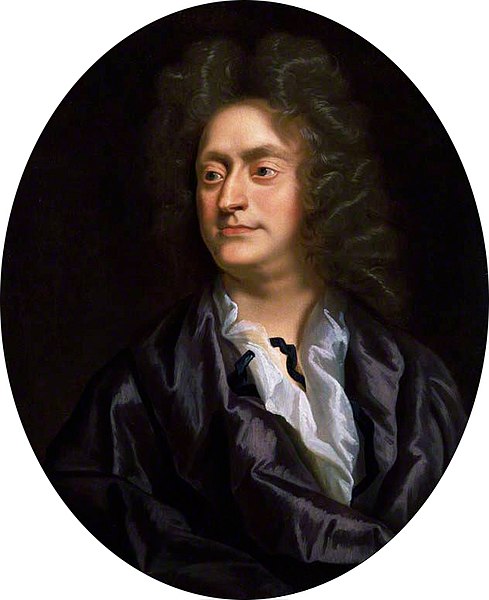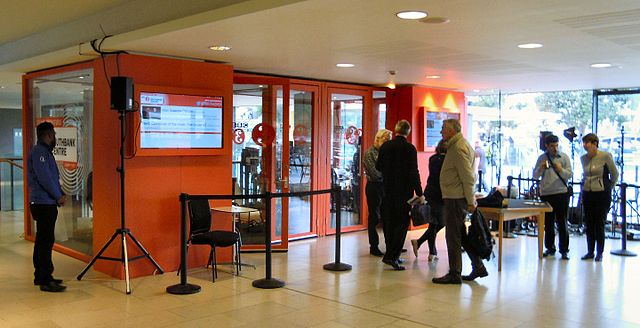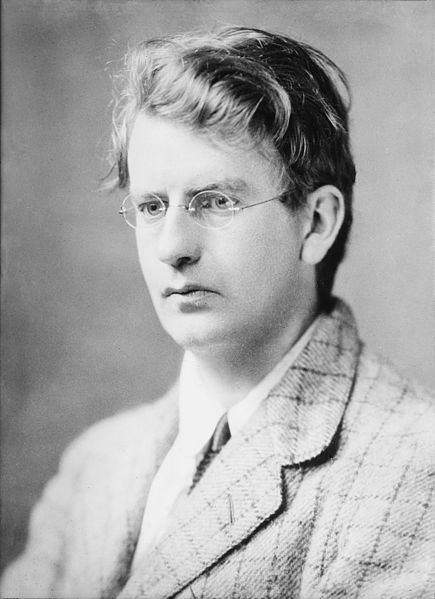BBC Radio 3 is a British national radio station owned and operated by the BBC. It replaced the BBC Third Programme in 1967 and broadcasts classical music and opera, with jazz, world music, drama, culture and the arts also featuring. The station describes itself as "the world's most significant commissioner of new music",
Through its New Generation Artists scheme promotes young musicians of all nationalities. The station broadcasts the BBC Proms concerts, live and in full, each summer in addition to performances by the BBC Orchestras and Singers. There are regular productions of both classic plays and newly commissioned drama.
Radio 3 broadcasts the BBC Proms live every year from the Royal Albert Hall and other venues
The tercentenary of Henry Purcell's death was marked in 1995 by the award-winning Radio 3 series Fairest Isle
Max Reinhardt, former presenter of Late Junction
BBC Radio 3 broadcasting live from the Southbank Centre in 2016
The British Broadcasting Corporation (BBC) is a British public service broadcaster headquartered at Broadcasting House in London, England. Originally established in 1922 as the British Broadcasting Company, it evolved into its current state with its current name on New Year's Day 1927. The oldest and largest local and global broadcaster by stature and by number of employees, the BBC employs over 21,000 staff in total, of whom approximately 17,900 are in public-sector broadcasting.
The Radio Times masthead from 25 December 1931, including the BBC motto "Nation shall speak peace unto Nation"
Television pioneer John Logie Baird (seen here in 1917) televised the BBC's first drama, The Man with the Flower in His Mouth, on 14 July 1930, and the first live outside broadcast, The Derby, on 2 June 1931.
King George V giving the 1934 Royal Christmas message on BBC Radio. The annual message typically reflects on the year's major events.
Statue of George Orwell outside Broadcasting House, headquarters of the BBC








